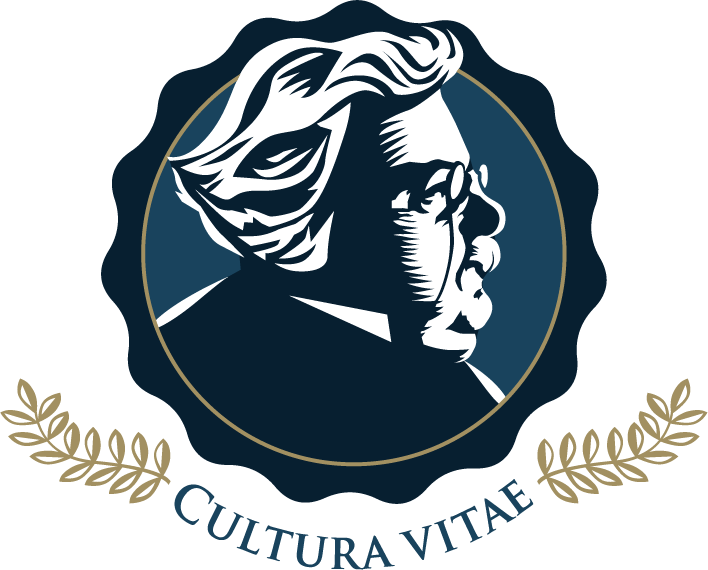Experimenting with Criticism
In An Experiment in Criticism, C.S. Lewis introduces the idea that, rather than sort through the opinions of literary critics for best books, we may consider what books the best readers choose. He goes on to develop a clear comparison between best and worst readers that is a telling criticism of the read-and-answer-questions approach to literature of many educators. Flannery O’Connor would be pleased.
In a nutshell, poor readers (the majority):
Read only if there’s nothing else to do
Don’t read a book more than once
Remain unaffected by what they read
Use the book for their own purposes
Expect to be able to read a book hastily
Read only by eye
Better readers, on the contrary:
Read for pleasure
Will read a loved book over and over
Are deeply affected
Are receptive to what the author gives
Are willing to read slowly
Read with interior hearing of the words (this can be taught, btw)
He makes points worth noting about the quality of imagination necessary for good reading:
“[Unliterary readers] lack the attentive and obedient imagination which would enable them to make use of any full and precise description of a scene or an emotion. ON the other hand, they lack the fertile imagination which can build (in a moment) on the bare facts. What they therefore demand is a decent pretence of description and analysis, not to be read with care, but sufficient to give them the feeling that the action is not going on in a vacuum…for this, the more clichés the better.”
He discusses ‘stylemongers’, errors of mis-reading among the literate, fantasy, writing for children, the study of poetry, and the problem of protecting children from bad literature.
“The best safeguard against bad literature is a full experience of good.”
He ends – no surprise – by questioning whether literary criticism (so variable with the fashions of the times) is a worthy basis for choosing books. Surrender to the work is needed for the reception of it. (I am reminded of Fr. Luigi Giussani’s book, The Risk of Education.)
“You can’t be armed to the teeth and surrendered at the same moment.”
I would consider this important reading for parents and teachers, primarily because your own reading is likely to be of the majority type. It may be hard to be shown that you read poorly, or in a shallow fashion, but better to learn it and not foist that upon your kids. Those teachers who are, themselves, poor readers, are the most likely to lean upon resources that insist a book be read to get the point, outline the plot, and answer insipid questions rather than to be experienced, enjoyed and loved.

